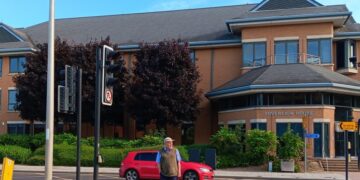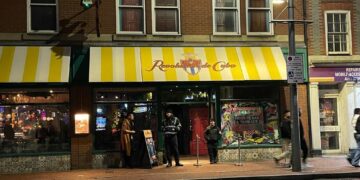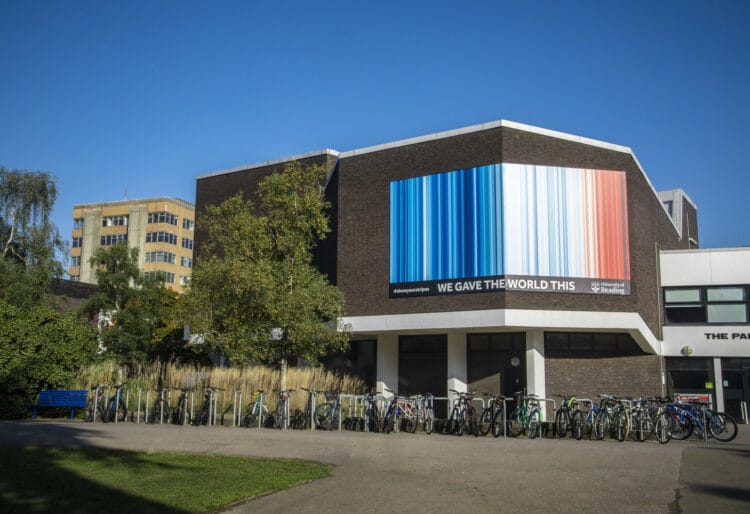RESEARCH has shown that one of Reading’s biggest institutions is a major contributor to the national economy.
A report into the economic impact of the University of Reading has shown that it contributes around £1 billion a year to the UK economy.
The research was commissioned by the university and compiled by experts at Hatch Urban Solutions.
Data from the 2021/2022 academic year was analysed, with the findings examining academic endeavours, student expenditure, and commercial operations constituted around £1 billion in gross added value.
The report estimated that the university’s operations support a total of more than 12,000 full time equivalent jobs.
This means around one in every 26 jobs in Reading and Wokingham being linked to the institution, with every job directly created by the university supporting another 2.8 positions in the UK.
As well as its contributions to the job market, the student population it attracts also provides millions in funding for Reading, and the UK in general.
With nearly 20,000 students attending, the study estimated that those attending spend around £260 million off-campus each year.
The university also supports the economy through its supply of graduates, around 86% of which go into highly-skilled occupations following their studies.
Around 36% of graduates go into health and education sectors, filling skills gaps in those fields.
It is also a major supplier of professional development which supports private businesses as well as public services like schools and medical services.
Through the £38 million in research income, the institution generated an estimated £270 million of income to the private sector.
Overall, it contributes to just under 3% of the economy of Reading, representing an increase of 24% compared to 2017/2018
Besides its financial contribution, the University of Reading has garnered an international reputation for its academic endeavours, with Professor Ed Hawkins’ climate stripes graphic becoming a symbol of the continued climate crisis.
The stripes have been seen projected onto the cliffs at Dover and the Tate Modern gallery in London, and formed much of the front cover of climate activist Greta Thunberg’s upcoming book.
The university has also led significant advances in fields such as archaeology and ecology; its international cocoa quarantine centre at the Whiteknights Campus has become a project of global importance to the growth and production of chocolate.
The vice-chancellor of the University of Reading, Professor Robert Van de Noort, said: “The University of Reading is an important anchor institution, making a significant economic, social and cultural contribution within Reading and the Thames Valley, as well as all the communities globally that we serve.
“This report demonstrates that we have reached our strategic target of contributing £1 billion to the UK economy, with much of that staying within the local area and providing jobs here, through our own activity and in supporting commercial operations of others.
“Growing our engagement with the world beyond our campuses is a core part of our mission, and we will continue to play our role in supporting communities economically, socially and culturally.”
The full report is available to view via: reading.ac.uk/about/economic-impact























